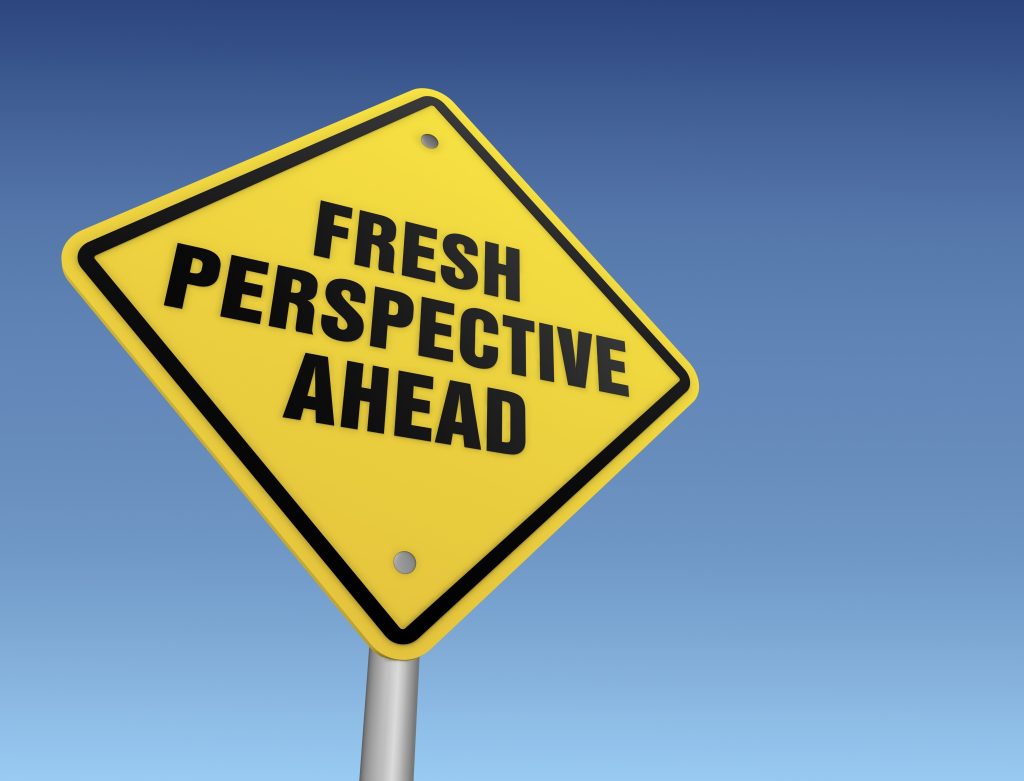
When I sit down with parties at a mediation, most of the time everyone at the table is interested in one thing above anything else: reaching a settlement. Unless one or more of the parties is determined to see their day in court, it’s clear that having a direct say in the outcome of a case is usually preferable to the uncertainty that comes when it’s left in the hands of a judge or jury.
If the mediation ends without a settlement many people would think of it as a failure. Not so. If you approach mediation in the right way, even mediations that end without settling leave you better off than you were at the beginning of the day.
In this post, I explain why I believe there is no such thing as a failed mediation and highlight the multiple benefits obtained from any mediation.
Insight Into The Case
By the time a case reaches mediation, each of the parties likely feels they have a good understanding of the issues at play. So what more could they learn at mediation? Plenty!
A mediator offers a fresh set of eyes to the case. Speaking candidly to each party privately, the mediator’s comments during rounds of negotiation can indicate how an independent third party would assess the strengths and weaknesses of a case. What might you be missing to make a more compelling case at trial? What should you be concerned about from the other side? This insight can be important if the parties eventually have to make their case to a judge and/or jury.
Even if a mediation ends without settlment or a plan to continue negotiating, a well-run mediation also offers the benefit of real feedback from the other side into the merits of your arguments. This insight could assist when formulating future offers to settle or adjusting your presentation at trial.
Insight Into The Players
Lawyers and insurance representatives may have encountered each other in prior cases, but most often parties to an action – particularly the plaintiff – will not know each other personally. Moving a case beyond paper and the formalities of a discovery, gives parties a sense of the people making the decisions. Counsel will also get the opportunity to highlight and emphasize issues that may prompt some serious thinking from the other side.
Speaking directly to the opposing party can also be a valuable opportunity to get them to consider a different view point or re-evaluate their risk . Even if mediation ends without a settlement, your presentation could leave them with questions to mull over that may bring them closer to your position at a future date.
Manage Client Expectations
Offering effective counsel to your client means being realistic with your assessment of a case and their chances of achieving a number they may have in mind. Of course, sometimes it helps to have a neutral party, or the opposing party and their counsel, provide a reality check.
A mediation that does not produce a settlement will still provide an opportunity for your client to hear from other knowledgeable people about the perceived strengths and weaknesses of their case and what it may be worth. This assessment can be useful in managing their expectations at trial.
A Roadmap For The Future
A mediation that ends without a settlement can still set a framework for a future settlement. Not only will it allow you to consider your next moves with much more knowledge and insight into the case and the opposing party than you had at the beginning of the day, it also will help you gauge the other side’s thoughts on what their best day in court and what your best day in court could look like.
As you look ahead to further negotiations or a trial, a mediation will have established the deliverables you need. For instance, if you’re having issues with a specific head of damages you may need additional medicals or expert reports before re-engaging in settlement discussions.
If your first mediation has been productive, but you simply need more time to bridge the gap, consider a second mediation with the same mediator. My approach on files that are close to settling at the end of a mediation, but for one reason or another are not quite there yet, is to work with the parties involved to bridge settlement. Oftentimes these end up settling within a couple weeks of the mediation.
Achieving a settlement at mediation may not always be possible for a variety of reasons. However, if you use this time to gain insight into your case, the opposing party, and the extent of the gap that remains between parties, you may be able to achieve a desired result in future negotiations.When knowledge is power, why not learn what a mediation can do to further your case?
ABOUT THE AUTHOR

Marshall Schnapp, BA, JD, LLM (ADR) has been resolving disputes for over 10 years as a mediator and has extensive experience in adjudication as well. Clients consistently recommend Marshall for his upbeat, tenacious attitude, and the skills he has honed helping resolve thousands of matters.
Get in touch with Marshall by email at marshall@schnappmediation.com or by telephone (647) 250-7216 today to set up a consultation, and see why he is the right mediator for your next file. For booking availability, please visit https://schnappmediation.com/calendar-2/ or contact Lacey Day at admin@schnappmediation.com or (647) 250-7216.

